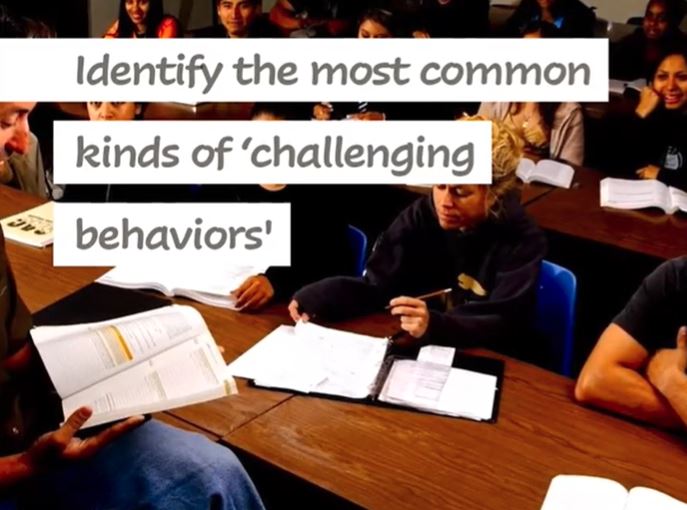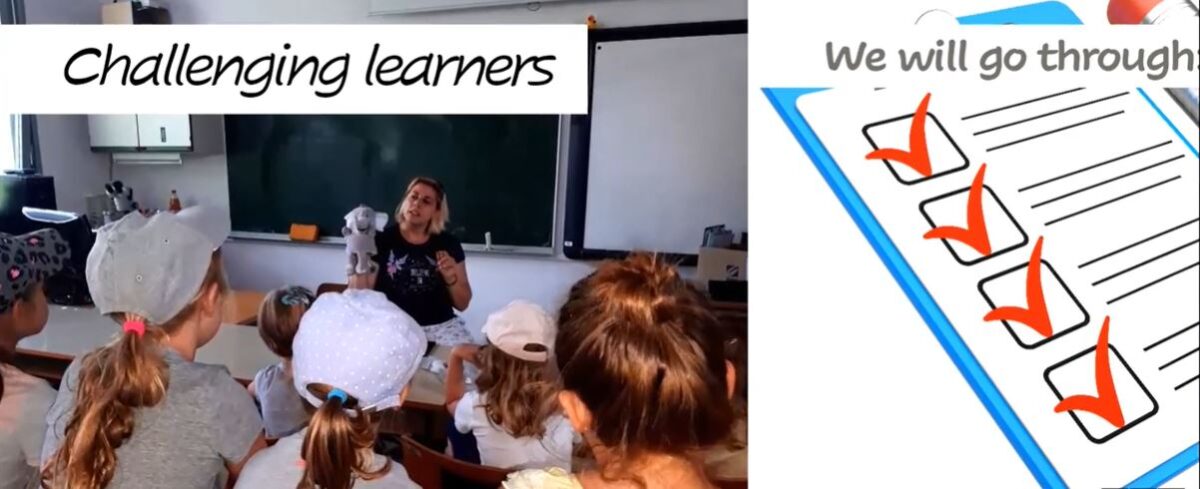The WellBE project, dedicated to enhancing well-being through education, acknowledges the pivotal role of coaching in empowering trainers and facilitators to nurture diverse learners. Mentoring trainers in their journey of introducing coaching skills into their work is one of the most important activities in this project. During these sessions, participants explore various topics that change the way they organize their learning sessions fostering an environment where learners of all backgrounds can thrive
We already mentioned in our previous posts and articles that one of the intriguing aspects that participants from diverse countries found compelling was the concept of embracing silence in both online and offline classrooms. This topic challenges traditional teaching methods and encourages trainers to adapt their approach. Silence, when used strategically, allows space for reflection and deeper understanding. By fostering an environment where silence is seen as a tool for reflection, coaching enables learners to engage with content at their own pace. Because of that, teaching trainers how to be comfortable with silence, coaching promotes an environment where learners can process information at their own pace, fostering a more profound learning experience.
Two more topics introduced by our fantastic participants were about handling challenging participants in training and different teaching approaches in order to adapt to different learning styles.
Handling challenging participants in the training
Irma Sijamhodzic, an experienced trainer in customer support and language teacher, facilitated a session on managing challenging participants in training. This critical discussion addressed various questions, such as:

- The extent to which we can anticipate and understand our target audience’s unique characteristics.
- Strategies for monitoring and managing group dynamics.
- Dealing with participants displaying arrogance towards others or the facilitator.
- Balancing the preservation of facilitator integrity and authority with fostering a collaborative and flexible learning environment.
- Approaches to address potential discrimination within the group.

The session revealed valuable insights:
- The coaching approach encourages trainers to leave their egos at the door, making room for open dialogue and collaboration.
- It emphasizes the importance of asking questions that encourage participants to actively contribute to achieving learning objectives.
Tailoring Education to Diverse Learning Styles
The other mentoring session was filled with inspiring content from Jelena Ruzic Petrovic about different ways people can learn foreign languages. This session placed the learner’s perspective at the forefront, exploring how learners can fuel their curiosity, seek out relevant resources, and pinpoint their unique learning styles.
Participants not only discussed these concepts but also practiced coaching skills from the very beginning of the session, setting expectations and asking questions that encouraged deep reflection.
The incorporation of coaching skills into the realms of training and education could be a tool that fundamentally reshapes the learning journey for trainers and students. By embracing coaching principles, educators can cultivate an inclusive, engaging, and highly effective learning environment, nurturing the growth and potential of learners from all backgrounds.
About the author: Adrijana is representing the Serbian partner in the project, Koucing Centar
Connect with her via LinkedIn:
Adrijana Milosavljević, ICF PCC
https://www.linkedin.com/in/adrijanamilosavljevic/

